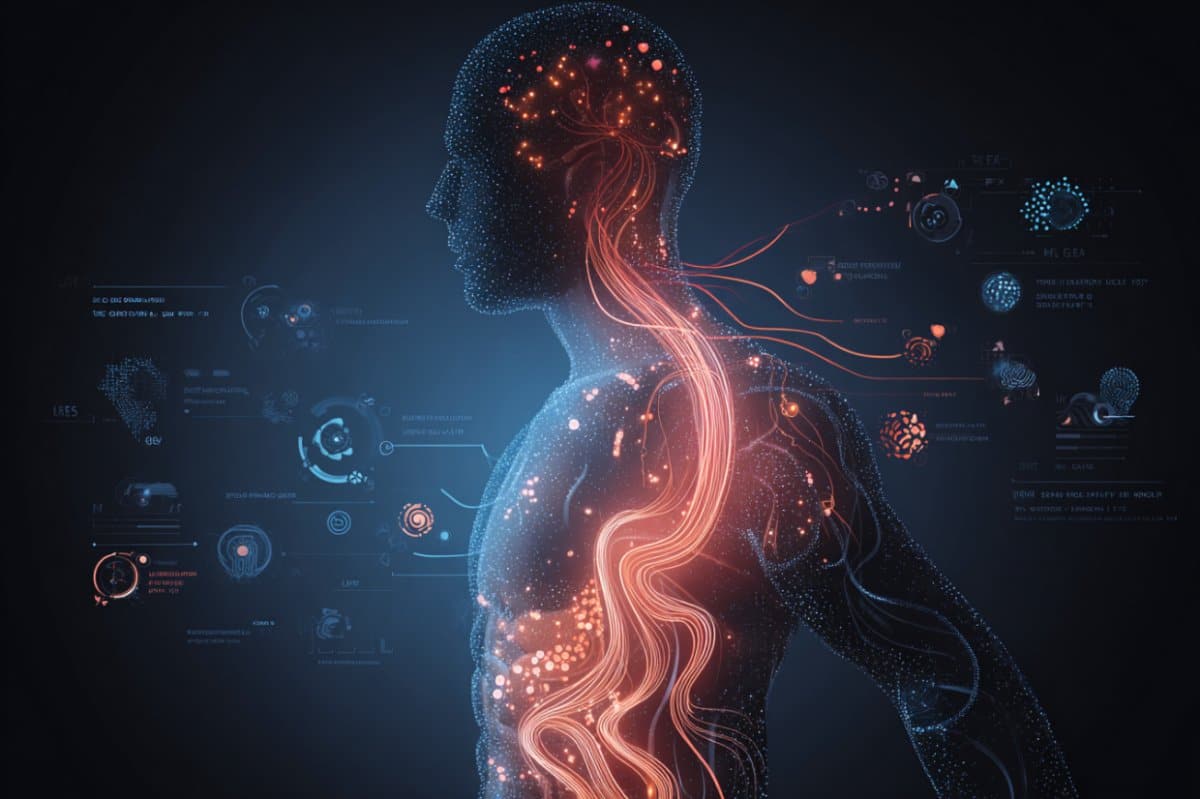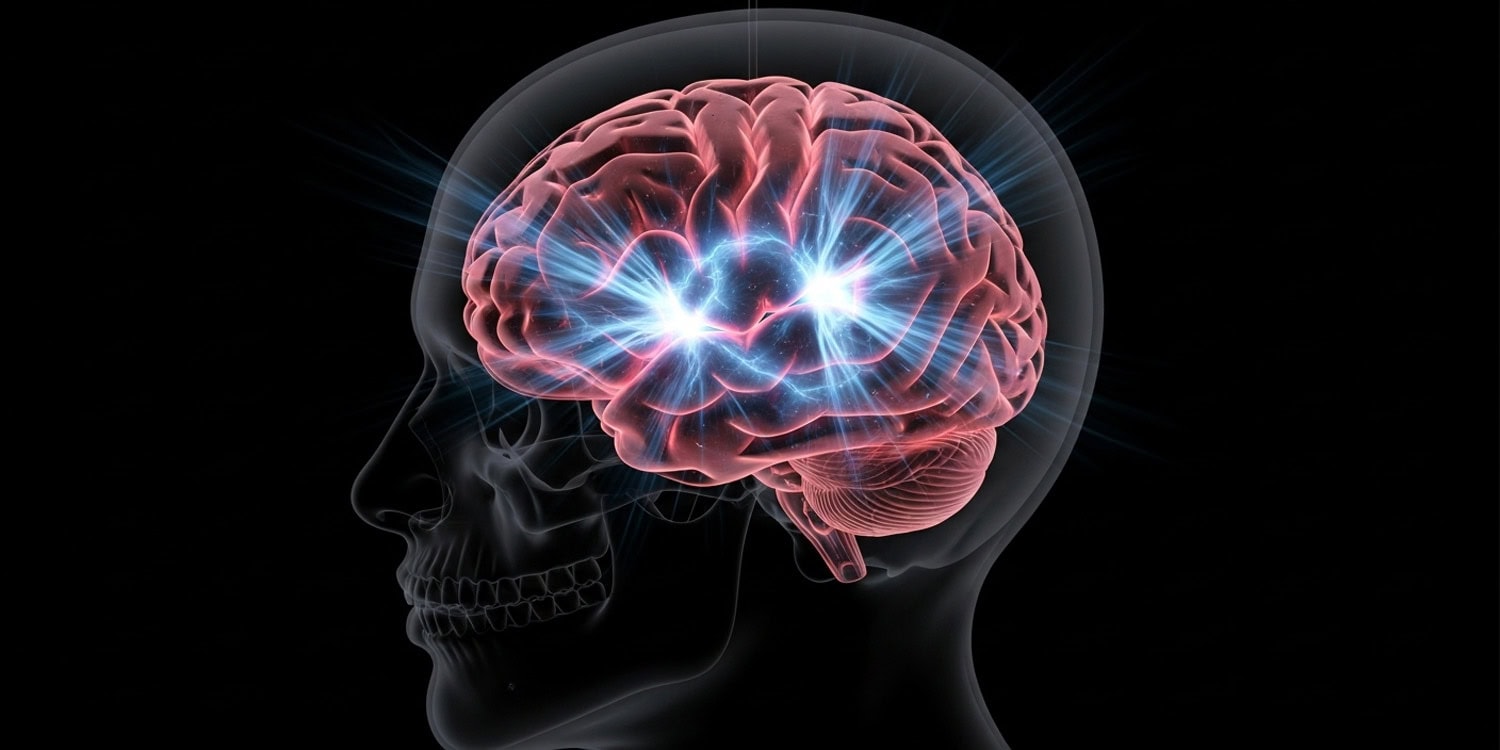T4K3.news
New study reveals link between sound stress and pain sensitivity
Researchers show that ultrasonic vocalizations in mice can trigger heightened pain responses in nearby mice.

New findings detail how pain-related ultrasonic vocalizations in mice can heighten sensitivity to pain.
Research uncovers how sound stress influences pain sensitivity
Research from the Tokyo University of Science reveals that ultrasonic vocalizations from pain-stricken mice can trigger heightened pain sensitivity, known as hyperalgesia, in nearby mice. This phenomenon occurs even when the nearby mice do not directly experience injury. The study showed that exposure to these 'sound stress' calls leads to increased brain inflammation and altered gene activation associated with pain pathways. The researchers indicated that minimizing stressful auditory environments may be crucial in clinical settings to improve patient recovery.
Key Takeaways
"In this study, we demonstrate for the first time that ultrasonic vocalizations induce emotional transmission and hyperalgesia in other mice."
Assistant Professor Satoka Kasai emphasizes the unique findings of the research.
"Our research can help improve the understanding of stress-related pain and guide the development of new, scientifically based pain management treatment strategies."
Kasai discusses the implications of the findings on future pain management.
The study presents a fascinating link between auditory stimuli and pain perception, emphasizing that pain can be both a physical and a social experience. While existing literature highlights emotional stress as a contributor to pain, this research introduces the concept that sound amplifies sensitivity. As healthcare shifts towards holistic approaches, understanding these dynamics becomes vital. Patients' environments, particularly the presence of stressful sounds, could significantly impact treatment effectiveness and recovery times. This evolving perspective encourages an exploration of how sensory experiences influence health outcomes.
Highlights
- Pain perception is not just about injury. It also involves what we hear.
- Sound stress impacts how we experience pain, even without direct injury.
- Mice reveal how sound can physically alter pain sensitivity.
- Environmental sounds might shape our pain experiences significantly.
Concerns about clinical environments and patient pain management
The findings suggest that stressful auditory environments can exacerbate pain and hinder recovery, raising important considerations for clinical settings.
Further research may illuminate how auditory environments affect pain in humans.
Enjoyed this? Let your friends know!
Related News

Study Links Gut Health to Chronic Fatigue and Long COVID

Link found between gluten and mental health issues

Health risks of fat jabs documented in new study

Research links tattoos to increased cancer risk

GLP-1 drugs show potential for PCOS treatment

Promising new diet plan reveals significant weight loss

New gene therapy shows promise for treating knee pain

Groundbreaking study reveals brain emits light
